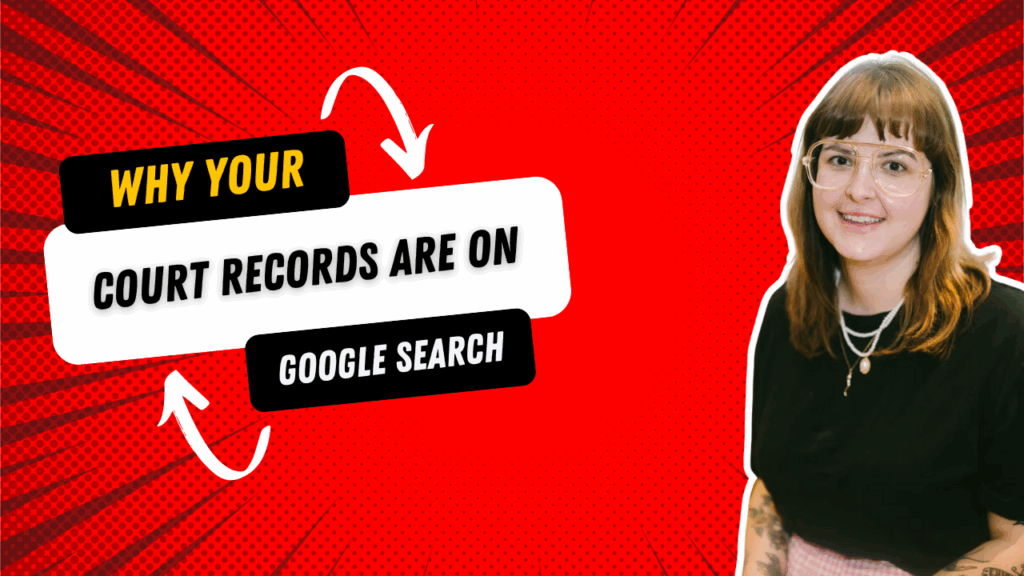Ever Googled your name and found an old court case staring back at you? You’re not alone. Even minor legal matters can end up in Google search results—and stay there for years. Here’s why it happens, how it works, and what you can do about it.
Dig Deeper: How to Remove Court Records from Google Search
Court Records Are Public by Default
In the U.S., most court records are considered public information. That means:
- Court websites can publish case details
- Background check sites collect and republish them
- News outlets may cover your case
If it’s online and public, Google’s search engine will likely index it. That’s how it ends up tied to your name.
How Google Picks It Up
Google doesn’t create content—it finds and sorts what’s already on the web. If your court record is hosted on:
- A government or court website
- A background report platform
- A news story
- A public records aggregator
Google will likely scan it and display it in search results when someone searches your name.
Why It Sticks Around
Google doesn’t automatically remove outdated or resolved cases. As long as the source is still live, the link can stay active for years. Even if your case was dismissed, sealed, or expunged, the record may still show up unless someone takes it down manually.
Common Sources of Court Record Listings
Here’s where most people find their case information online:
- County or state court websites
- PACER (Public Access to Court Electronic Records)
- Data brokers (e.g., BeenVerified, Whitepages, Spokeo)
- News websites covering arrests or lawsuits
What Makes It Rank So High?
Google ranks results based on relevance, authority, and engagement. Unfortunately, court sites and news publishers have high authority—and if people click on those links often, Google ranks them higher.
What You Can Do About It
1. Remove the Record at the Source
If the court case was dismissed, expunged, or sealed, contact the source (court or site) to request removal. If successful, the page will eventually disappear from Google.
2. Request Google to Remove Sensitive Info
If the content includes personal data like your Social Security number, medical details, or home address, use Google’s Content Removal Tool.
3. Suppress It with Positive Content
If you can’t remove it, bury it. Create and promote high-quality content about yourself to push the court record off page one.
Examples:
- Personal website
- Optimized social profiles
- Positive press or blog posts
4. Get Professional Help
Top Shelf Reputation helps individuals remove or suppress court records from Google. From content removal to SEO-based suppression, we manage your online image so court cases don’t define your future.
Final Thoughts
Your court case appears in Google because the internet treats public records as fair game. But just because it’s there doesn’t mean it has to stay—or stay visible. With the right strategy, you can take back control.
Need help? Contact Top Shelf Reputation to clean up your search results and move forward with confidence.

